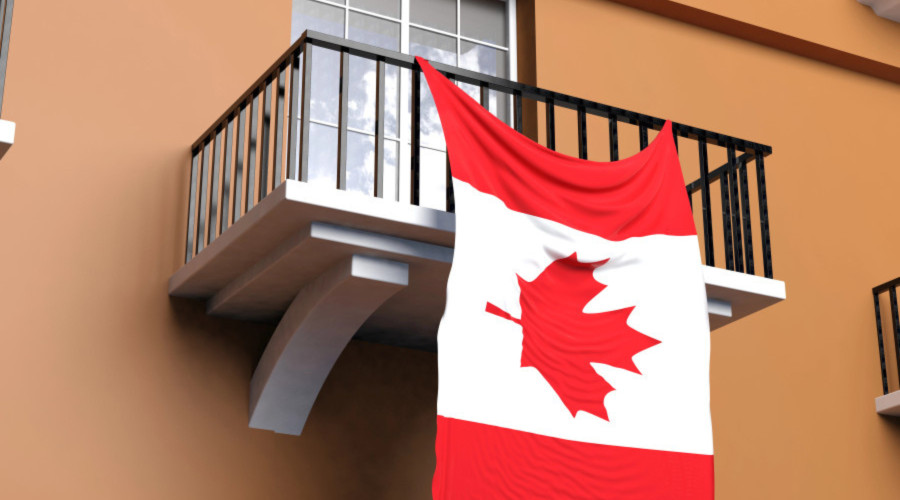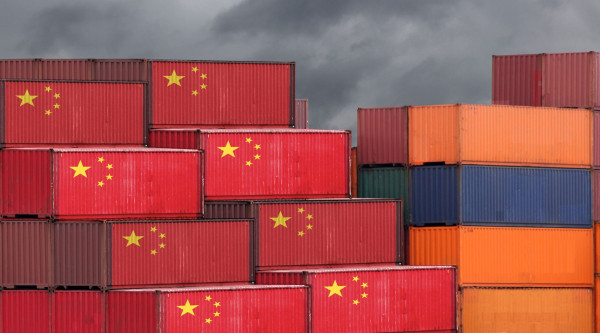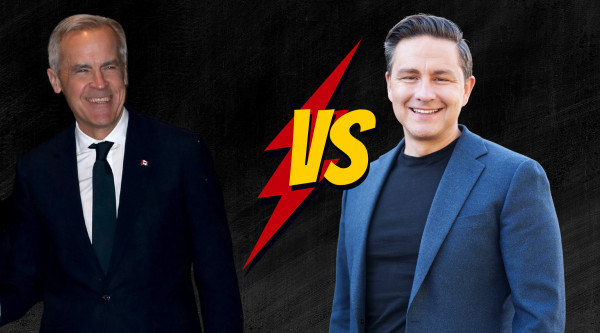Rally speakers used vulgar, vile language, dripping with anti-immigrant sentiment, to mock people of all backgrounds. One of the speakers, a so-called comedian, called Puerto Rico, a U.S. territory, a “floating island of garbage.” They laughed about Black people and watermelon and mocked the Latinx community about birth control.
They used derogatory language about migrants, calling them “vicious and bloodthirsty criminals.” Trump called November 5, the day of the upcoming U.S. election, as a “liberation day” from the occupation by invading migrants.
And how are we reacting in Canada? We’re doing what we normally do: looking down our noses and judging our American cousins because we would never behave like Trump and his supporters. We would never treat immigrants with such disdain.
Really, now?
Our dysfunction looks different, but it is still there. Consider this: the recent Focus Canada survey by Environics Institutions, which has tracked Canadians’ immigration views for almost 50 years, found that most of us (58%) believe Canada has too much immigration. That’s a sharp increase from 44 per cent in 2023 and just 27 per cent in 2022.
It’s not just Canadian-born folks saying, “Shut the doors,” but first-generation immigrants, too. According to the survey, “The increasing view that immigration levels are too high now appears to be accompanied by changes in how Canadians view immigrants themselves and how they are fitting in.”
Recently the federal Liberal Party unveiled Canada’s new immigration plan, which will reduce yearly permanent resident intake to 395,000 by 2025—a 21 per cent decrease. By 2027, that number will be down to 365,000.
The reduction of immigration to Canada, seems like something both Liberals and Conservatives agree upon. In January, Conservative leader Pierre Poilievre told a Winnipeg audience: “It’s simple math. If you have more families coming than you have housing, prices will go up. Immigration growth shouldn’t exceed housing, doctors, and jobs.”
Sounds polite. Sounds demure. Sounds oh so Canadian.
Then, last week, Ontario’s PC government announced that international students would be barred from the province’s medical schools. They’ll also limit out-of-province students, while offering free tuition to over 1,300 Ontarians who agree to work as doctors in Ontario for five years.
Cool—who wouldn’t want free tuition? But did we have to bar immigrants to do this?
Our "polite" version of nationalism is creeping into public policy and how we think about immigrants and each other.
These measures won’t stop Canadians' increasingly negative view of immigration. During tough times, we look for someone to blame. Many of our politicians are saying, “Don’t blame me! Blame immigrants and temporary workers!”
But just in case you forgot, Canada is a country built on immigration. Unless you are a member of an Indigenous community, we are settlers in this country. And with fewer children being born, we rely on immigrants to keep our economy going. So, as we slash immigration, who’s going to do the work?
Who’s going to pick our fruit? It’s poorly paid, poorly treated temporary workers from Jamaica and Mexico doing that back-breaking work.
Yes, we have a housing shortage, but is it really immigrants driving up rents and housing prices? Or is it investors buying up properties? Or developers not building affordable housing?
Are immigrants taking Canadian jobs, or are corporations turning to the gig economy for cheaper labour?
Are immigrants changing Canadian culture for the worse—or are they enriching it? When my parents came here in the 1960s, people complained that Caribbean immigrants would “negatively” impact Canadian culture, but we only added to it.
Canada has its problems: everything’s more expensive and a lot of us are struggling. But blaming immigrants is a slippery slope and we should know better than to slide down there. If we do, are we any better than our cousins south of the border? Nope, just more polite.

 By
By 








